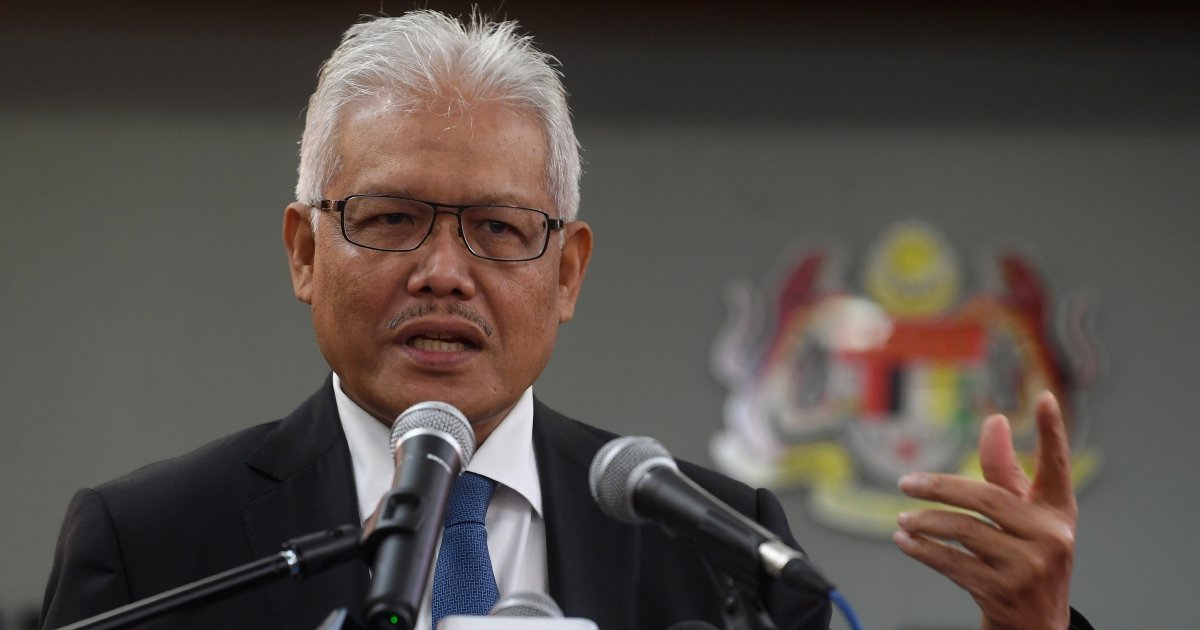The ongoing MM2H saga gets its latest wrinkle with statements from Home Minister Hamzah Zainudin.
After confusing messages about whether the new Malayia My Second Home (MM2H) rules would apply to existing visa holders there is now some clarification. Hamzah Zainudin, the Minister of Home Affairs has advised only two of the new rules will apply to current visa holders. (It should be noted there is still no written announcement from the department.)
The first change is that the annual fee for the visa is increased to RM500 a year. Strictly speaking, this is not really a rule and can hardly be regarded as going back on their promise not to apply changes retroactively.
However, a 450% increase in the fee is certainly extremely high. If government fees for immigration services for Malaysians were to be increased by such a huge percentage, there would be a massive public outcry, but clearly the government feels that this community can afford it, so why not hike up the charges. It is unlikely to be a cost that will persuade people to leave Malaysia, but it will certainly not make amends for the recent anxiety caused to current participants, especially for those who have been locked out of the country for long periods. It should also be noted that apparently the internal directive to immigration front liners has not been issued, so despite the fact we are in October (the official start date for the changes), Immigration officials are still charging the usual fee of RM90 a year.
The second change, however, is a significant one for some people. That is the requirement that people holding an MM2H visa spend 90 days a year in the country. It makes sense to impose this rule if you are trying to attract people to relocate here, and that is without a doubt the group who makes the biggest economic contribution. If they followed our recommendation to create a specific MM2H retirement visa, it would make a lot of sense, but there are other categories of legitimate visa holders who will be affected by this change.
First among them are people who have holiday homes here. These are the people who literally have made Malaysia their second home and come here for shorter periods. Some are still working and will not be able to meet the 90-day residency rule. They need the visa because it facilitates some local transactions to have a residency visa. For example, it can be hard to open a bank account without one. Some MM2Hers were not eligible for the visa on arrival, so they benefited from the longer visa.
Another group are the ones who have it as a ‘back pocket’ visa as they currently live in unstable countries. They like the idea of having a country where they can relocate if the situation in their home country deteriorates in the future.
Then there are people who use Malaysia as a base for themselves or their families and work outside the country. They may find they cannot meet the 90-day rule.
These groups do not contribute so much economically, but of course they collectively have several billion ringgit in local banks. It’s not clear why the government wants them to withdraw from the programme, since they are nowhere near the limit set for the total number of MM2H visa holders which is 1% of the population. We cannot see any benefit to Malaysia by changing this rule; the country will only lose out, although there is an argument for requiring future visa holders to meet it.
Our initial impression was that there were concerns among some Malaysians about foreigners living here, hence the limit on the total number of visa holders. The 90-day rule seems to be pushing people to stay here and is inconsistent with other changes. For example, shortening the visa to five years, not describing it as ‘renewable’, and changing the commitment not to apply new rules to existing participants rules all discourage people from making a long-term home here.
Another issue is that the government has already shown the MM2H visa is ranked lowest among expat visas. They were the last people allowed back into the country during the pandemic, and some still cannot enter. Other expat visa holders and even their maids have been let back into the country while MM2Hers are stuck overseas. If they are asked to show evidence that they spent 90 days here, they will not be able to do so.
There certainly seem to be some confusing decisions being made and, as usual, no explanations are given. It is a pity the government does not wish to engage with stakeholders or with the people who are heavily involved in the programme. In the early years after the visa was launched, we were regularly asked for input, but that is not the case any longer.
"ExpatGo welcomes and encourages comments, input, and divergent opinions. However, we kindly request that you use suitable language in your comments, and refrain from any sort of personal attack, hate speech, or disparaging rhetoric. Comments not in line with this are subject to removal from the site. "



















